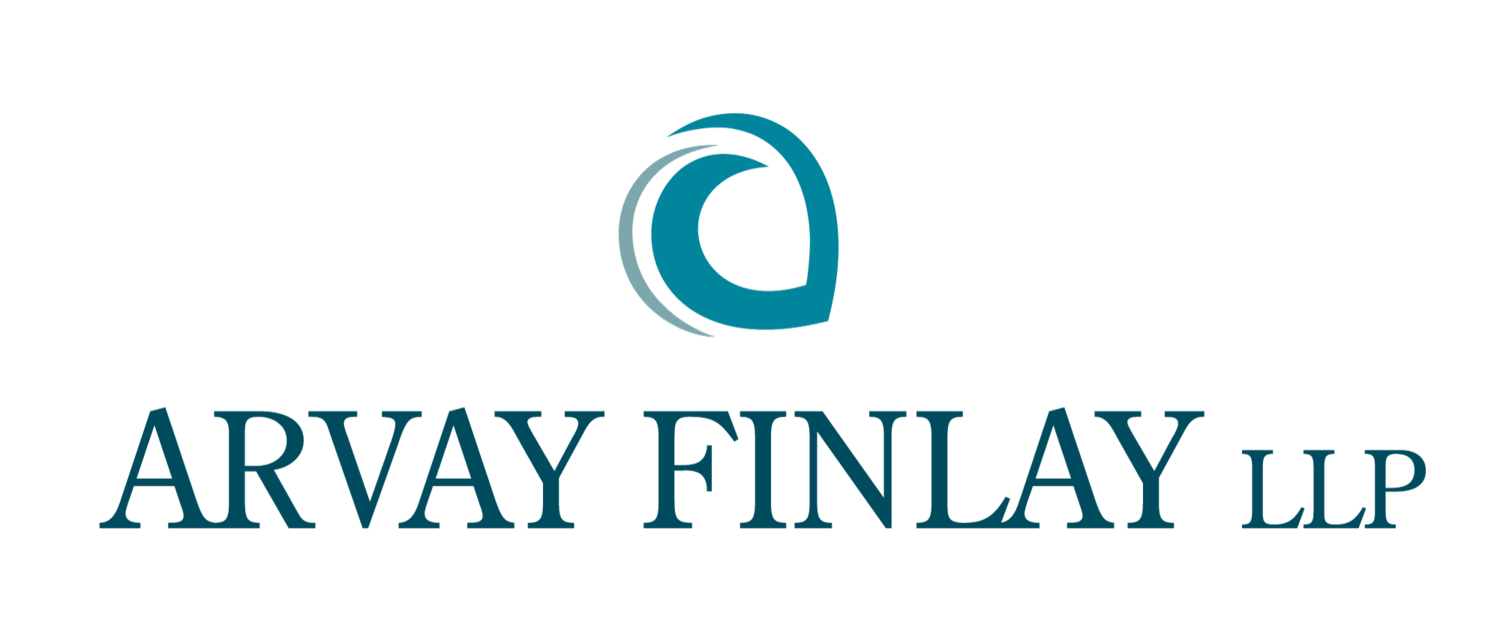The Supreme Court of Canada has granted leave to intervene to the Independent Criminal Defence Advocacy Society in appeal from this decision: R. v. Ahmad, 2018 ONCA 534.
The issues in the appeal are important matters of public law that concern the doctrine of entrapment and whether common law protections sufficiently protect the individual’s right to be left alone in a digital or virtual location, against the need for the investigation of crime.
The position of the Independent Criminal Defence Advocacy Society is that exceptions to the common law protections should not be expanded to include digital and/or virtual locations. In the alternative, that if those exceptions should be so expanded, a more robust set of considerations should inform the court’s analysis of whether the individual’s interest in being left alone should yield to society’s interest in protection from crime.
Read about the work of the Independent Criminal Defence Advocacy Society here.
The Independent Criminal Defence Advocacy Society is represented by Alison M. Latimer and Gregory DelBigio, Q.C.
